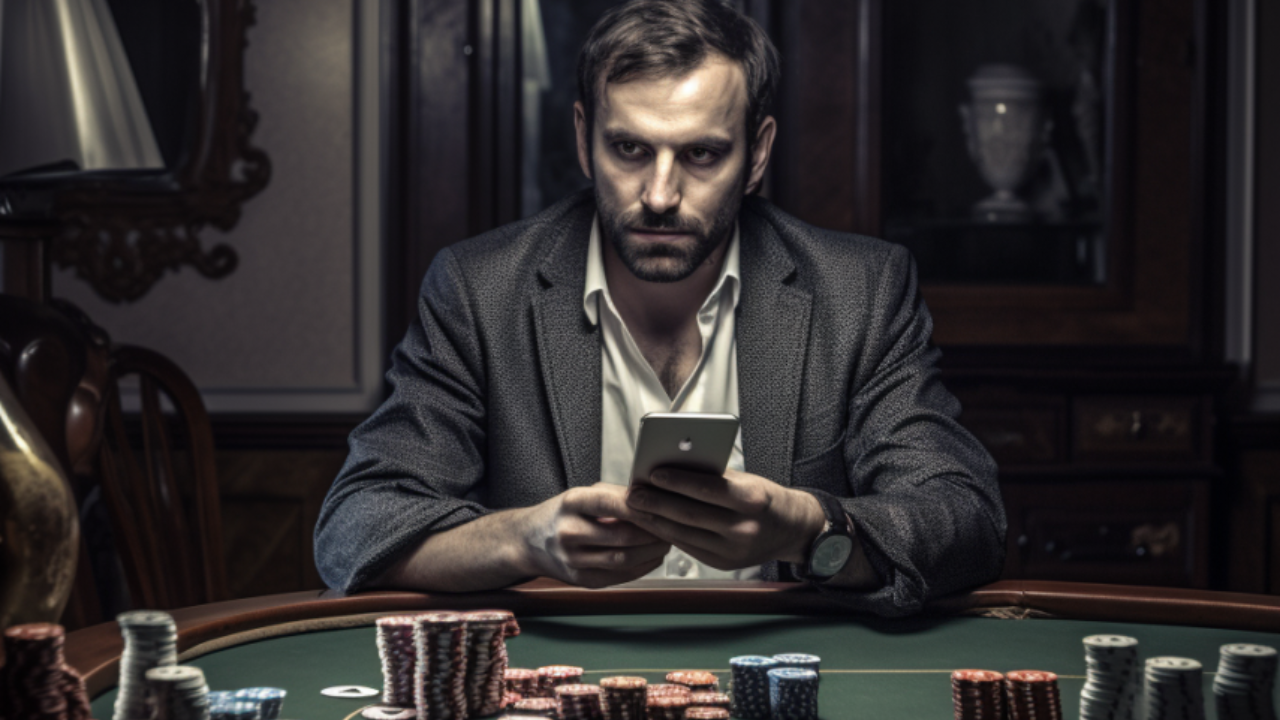Throughout the investigation conducted by Responsible Gaming this year to discover how the Sports Betting industry boomed at such a rate, countless interviews were carried out with regulators, lawmakers, experts, lobbyists, and executives, while thousands of pages worth of documents and information were also scoured.
It was only four years ago that Sports Betting was illegal across the majority of the United States, yet if you fast forward to the present day, it has almost become synonymous with the concept of sports itself. You would do well to watch a game on TV or attend a match in person without being inundated with betting adverts.
As such, Responsible Gaming took it upon themselves to conduct a thorough investigation into the speedy rise of Sports Betting in the US, focusing on the factors that allowed for such a rate of application. Not only this, but the study promised to look into the lasting repercussions of mass betting in the sports sector, including public health and tax impacts.
While the findings from Responsible Gaming are eye-opening and extensive, to say the least, we have gone to the trouble of sifting through them and picking out the key talking points.
In 2018, the Supreme Court passed regulations to allow mass Sports Betting across America, after long-term lobbying from certain groups. However, the Responsible Gaming report found that these lobbyists actually send gifts, through parties, and donated millions to some state officials during this time. In some cases, these donations even went against campaign rules and regulations.
The report also found that questionable data was used to paint the Sports Betting industry in a more positive light, including the argument for increased tax revenue. Responsible Gaming concludes that many of the projections and predictions that were used to push for the legalization of gambling were optimistic at best.
The US lawmakers gave certain tax exemptions to gambling companies, which allowed them to tempt would-be gamblers in with promotions and ‘risk-free’ betting. One such example of this, uncovered by Responsible Gaming, was a partnership between PointsBet and the University of Colorado Boulder. A deal was struck in which PointsBet was allowed to advertise on campus and, in exchange, would pay the university $30 for every time the app was downloaded on the premises.
In 2022, Penn Entertainment agreed to purchase Barstool Sports, a company that had garnered a rather controversial reputation. The Barstool umbrella included a number of podcasts and websites within the Sports Betting sphere, founded by a man by the name of David Portnoy who himself comes with a string of controversial, racist, and misogynistic past comments.
Despite his past, Portnoy is now one of the most recognizable faces in the Sports Betting scene. Responsible Gaming even found that Portnoy once filed for bankruptcy, with $30,000 in gambling losses cited as one of the reasons. Normally, this would have been a big red flag and Portnoy would have fallen under the microscope of state regulators. However, out of the 13 states that Barstool is run in, 12 of the regulators did not review Portnoy’s license.
Sports Betting is not regulated on a federal government scale, and Responsible Gaming conducted a state survey that shed some light on the enforcement of regulations on a state level. The conclusion was that much of said enforcement was messy and punishments were either minimal or completely non-existent. In fact, the general feeling among some was that the Sports Betting industry was expected to police itself.
State regulators have an obvious incentive to help Sports Betting companies get up and running as fast as possible, as it increases overall tax revenue. Responsible Gaming found that this happened to such an extent that some companies were allowed to start operations before licenses were fully reviewed.
While the system to lure people into betting sites is a well-oiled machine, it can be argued that the systems in place to make it easy to quit are not effective. Some of these resources are run by the state, and others by the gambling companies themselves. For example, many people in Indiana directly contacted the government to block them from gambling, but were still able to place bets after the fact, and some continued their habit as a result.






